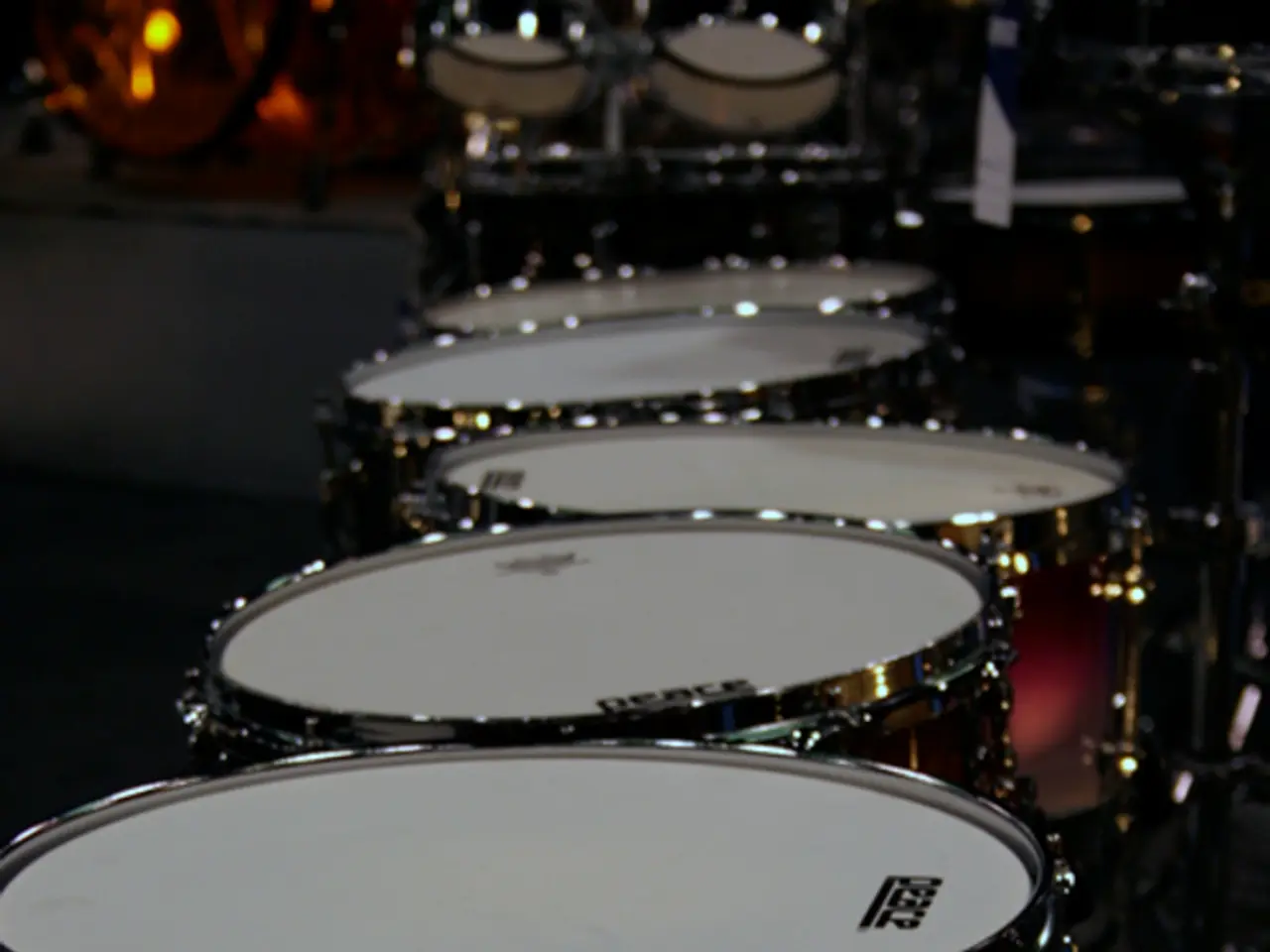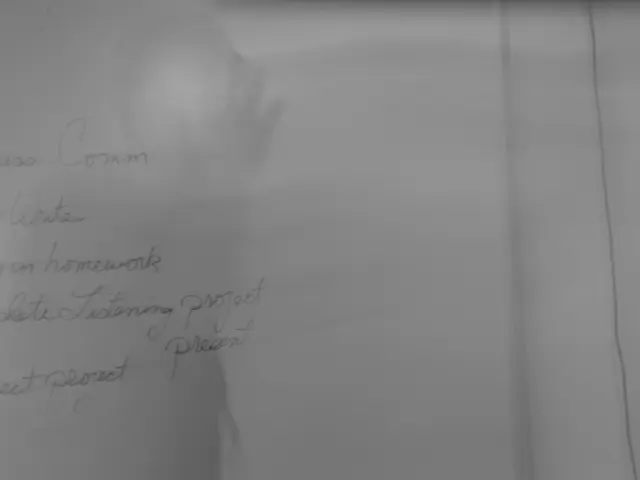U.S. Increases Bounty for Nicolás Maduro as Drug Trafficking Accusations Escalate
The United States has increased the reward for information leading to the arrest of Venezuelan President Nicolás Maduro, offering a bounty of $50 million. This move comes as the Trump administration accuses Maduro of being a major narcotrafficker and a threat to US national security [1][3][5].
The US alleges that Maduro leads an international criminal group known as the "Cartel of the Suns," which bribes governments in Honduras, Guatemala, and Mexico to allow airspace access for trafficking drugs and weapons into the US [2]. The US also accuses Maduro of collaborating with foreign terrorist groups such as the Tren de Aragua and Mexican cartels like the Sinaloa cartel to facilitate drug trafficking [2][4].
The US Treasury has sanctioned entities linked to this cartel, further underpinning the reward increase [3]. Additionally, the US claims to have seized several properties belonging to Maduro overseas, estimated at $700 million, including mansions, planes, cars, and jewelry [2].
However, Venezuelan officials and allies have strongly rejected the charges and the reward increase, calling the allegations a politically motivated act of interference by the US [2].
The increased reward aims to boost international cooperation on the case. Western allies have welcomed the news, with the UK aligning itself with US policy by freezing assets and limiting diplomatic engagement [6]. Capturing a sitting president with a loyal security apparatus presents extraordinary challenges [7]. Some Latin American governments remain cautious to avoid provoking Caracas.
Historical examples show that such bounties can succeed in destabilising political strongholds. The recent path of Hugo Carvajal, a former general and Maduro's close ally, illustrates the possibility of insiders providing critical intelligence leading to extradition and prosecution [8].
Regionally, reactions vary, with some countries maintaining a critical stance toward Caracas while others take a more neutral approach. The timing of the increased reward follows fresh EU sanctions targeting Venezuelan officials over alleged election fraud and human rights violations [9].
The Venezuelan government frames the increased reward as proof of foreign interference. Analysts suggest that the increased bounty could push Maduro closer to non-Western allies such as Russia, China, and Iran, altering regional security dynamics [4]. The success of the strategy will depend on the delicate interplay between international diplomacy, law enforcement capability, and the willingness of insiders to trade loyalty for security.
References:
- Reuters
- BBC News
- The Wall Street Journal
- The Guardian
- CNN
- The Telegraph
- The New York Times
- Al Jazeera
- Euronews
Read also:
- Court petitions to reverse established decision on same-sex marriage legalization
- Potential Consequences Following the Baku-Yerevan Joint Declaration Signing in Washington
- Daily Perspectives on Donald Trump's Presidency
- Trump Insists on a Billion from UCLA amid Antisemitic Claims and Controversial Protests Disputes






